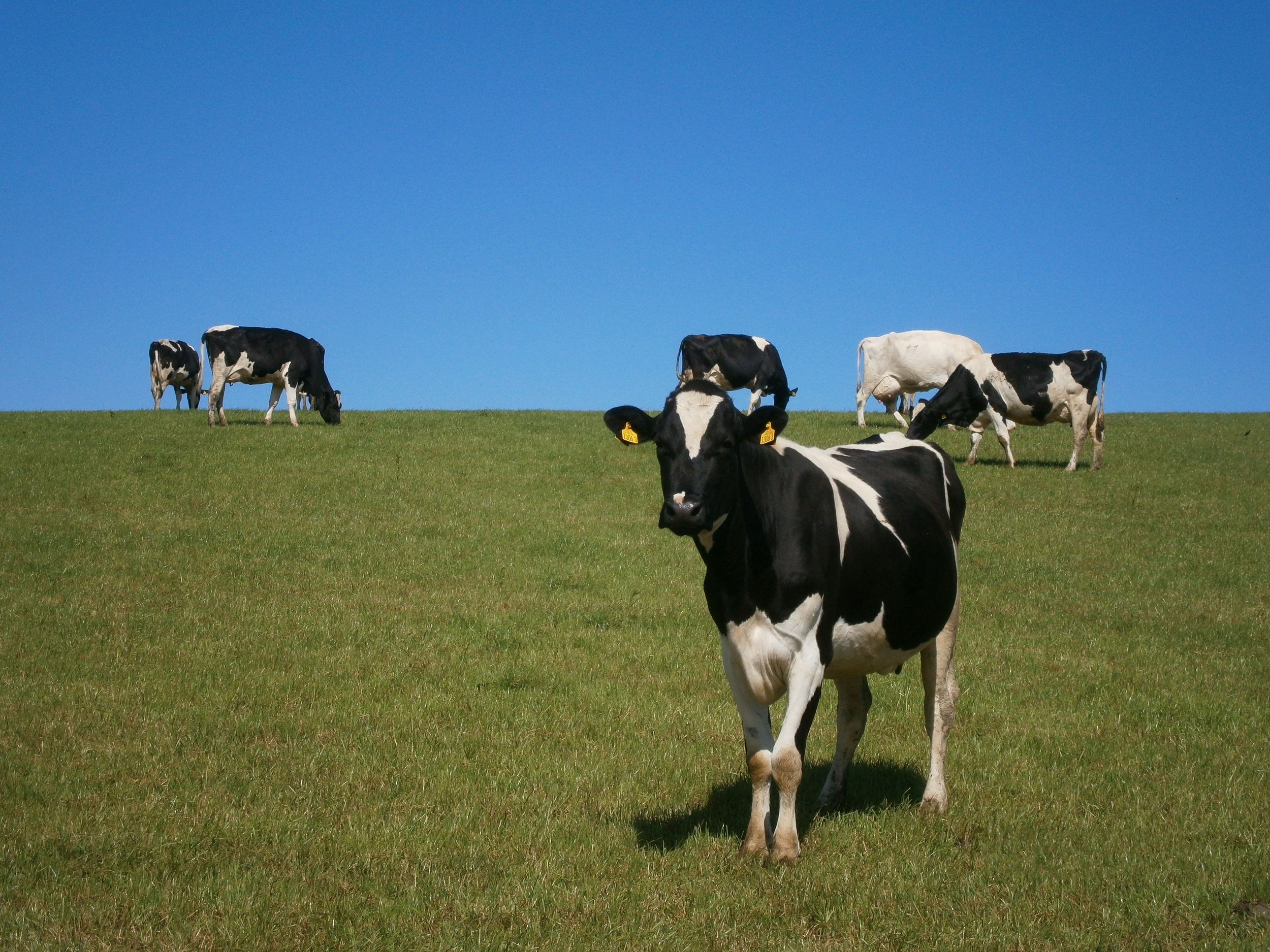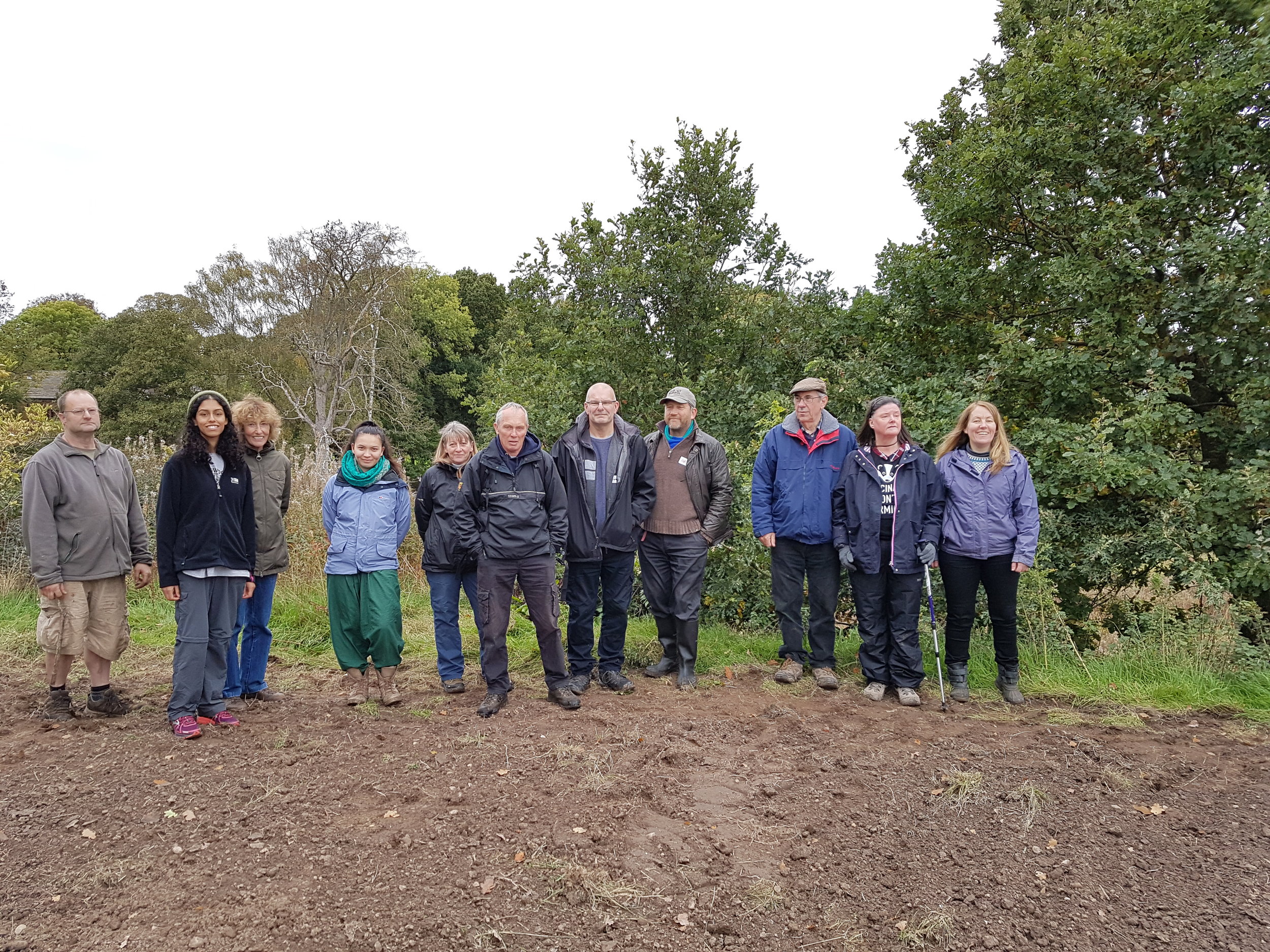The goal of the programme is to establish several areas where badgers have been vaccinated, and hence are immunised, against bovine TB (bTB) and then to vaccinate outwards from those areas. Badgers are just one source of bTB infection in cattle. By vaccinating badgers in this way, we will remove them from the cattle – badger – cattle route of bTB transmission, thus allowing farmers and land owners to concentrate on the other important measures required to combat this terrible disease.
Badger vaccination has been shown to be extremely effective in protecting badgers (and hence cattle) from bTB. Trials carried out by scientists at the Animal Health and Veterinary Laboratories Agency (AHVLA), now the Animal and Plant Health Agency (APHA), resulted in a 74% reduction in vaccinated badgers testing positive for bTB and when just one third of a social group had been vaccinated the risk to unvaccinated cubs was reduced by 79%. Vaccination does not cure an already infected animal, but it does reduce the severity, progression and excretion of disease thereby reducing the spread of the disease. Furthermore, vaccination does not cause perturbation which can be responsible for an increased spread of bTB when culling is used as a means of control.
More information can be found at the TB Hub: https://tbhub.co.uk/tb-in-wildlife/tb-in-badgers/
Who are we?
The Cheshire Badger Vaccination Programme (CBVP) is made up of trained volunteers who have completed their training with the accredited Derbyshire Badger Vaccination Programme in the trapping, vaccination and release of badgers and in the understanding of badger ecology.
All costs for training, equipment, time, travel etc will be borne by CBVP through fund raising activities although some farmers/landowners have volunteered to cover the cost of the vaccine (approx. £40 per animal).
Studies by researchers at the APHA and the Food and Environment Research Agency (FERA) produced 3 key findings:
The vaccine is completely safe. It is the same vaccine that was used on British school children.
There is no risk to cattle or non-target species from vaccinated badgers. The vaccine does not interfere with stock testing for bTB.
The vaccine works. It establishes herd immunity, as it did with British school children.
CBVP Code of Conduct
We set out here what you, the landowner, can expect from us, and what we would find helpful from you, for us to provide you with a good service.
WHAT WE CAN DO FOR YOU
We will discuss your needs with you to establish whether we can help you vaccinate your badgers.
We will survey the sett(s) and communicate our findings to you.
We will then discuss with you the best time of year, wherever possible, to schedule the job having regard to any particular needs, i.e. hay growth/cutting.
We will keep you advised about the possible numbers of helpers that will accompany us at different stages of the operation. (the initial deploying of cages and final removal needs more manpower), however if you can assist us with transport to the setts, the number of our people required will be fewer.
We will keep you informed throughout the process, if you wish it.
We will respect your gates and fences and keep to areas that you specify.
We will keep your information confidential if you request it.
We will disinfect our footwear and vehicles/ equipment in accordance with APHA Regulations.
We will leave your property as we found it to the best of our ability.
We can provide you with names and qualifications if you request it.
The process normally takes 10 days, the first 2 or 3 days we pre-bait to establish where we might site cages. This will normally be late afternoon/early evening. The cages are then sited and wired open. They are dug in to make them safe and the peanuts are moved closer each night until day 7/8 when the cages are set with the peanuts at the very back. Day 9 (usually a Saturday) at dawn the cages are checked, and any badgers trapped are vaccinated and released after being marked with coloured spray. Day 10 is a repeat of the vaccination process and at the end of it the cages are removed and taken away to be steam cleaned and disinfected. We have a team of helpers who are essential to us, in many ways. They will be involved at different stages and in varying numbers.
WHAT YOU CAN DO TO ASSIST US
Show or tell us where the setts are, if you know, prior to the sett survey.
If you are able, and have suitable transport, help us to get the cages as close as possible to the setts, or permit us to use our own vehicle on your land.
Keep any stock at an appropriate distance throughout the process.
Discuss/ negotiate any particular needs or concerns to allow for explanation and resolution.
Provide us with a map of your land for the purposes of our Licence.
We would request that you are accepting of our need to balance our personal lives with a desire to give a good service, and this sometimes involves additional helpers to lessen the physical and time element.



